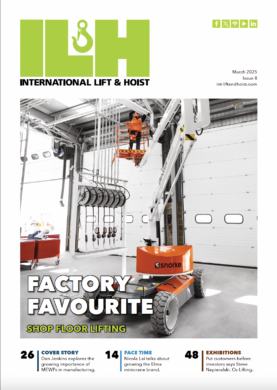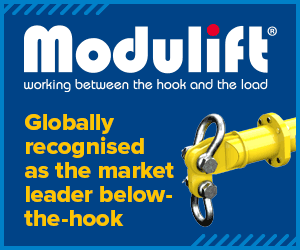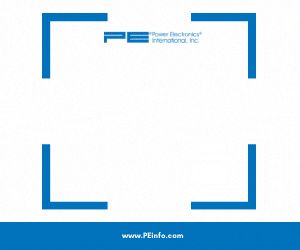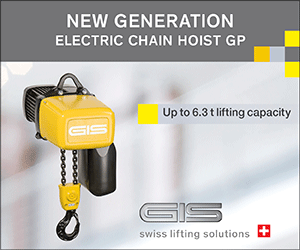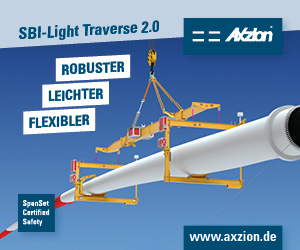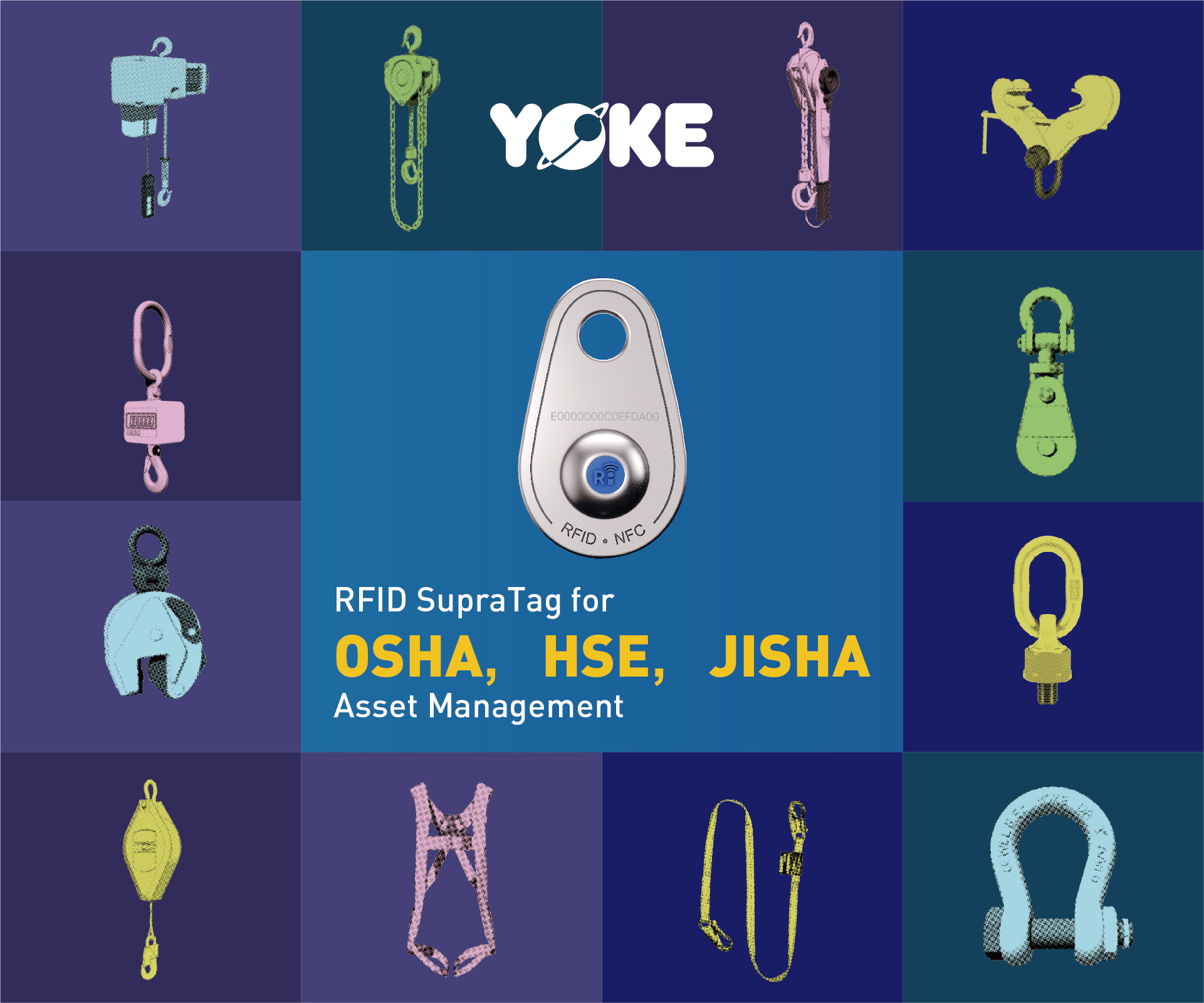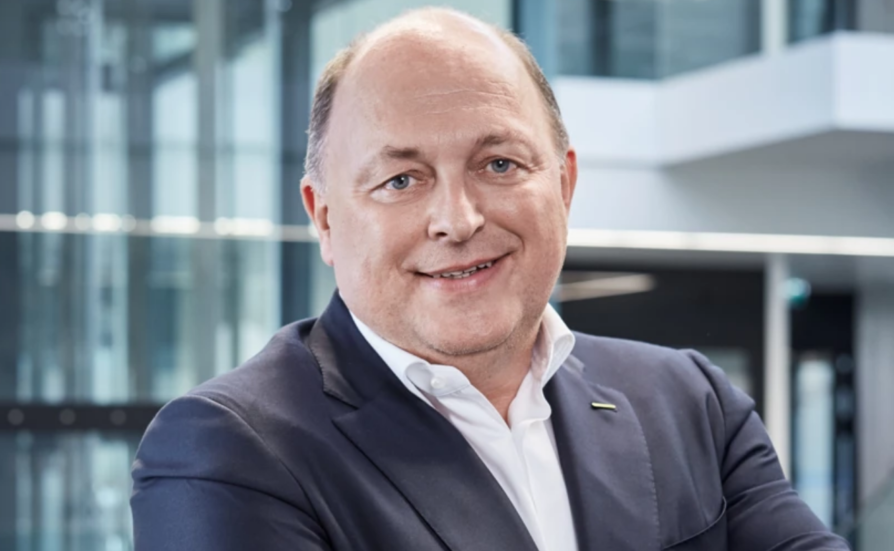)
Palfinger’s Q3 results show stability despite difficult circumstances
Following a slump in the global economy during the first half of 2020, recovery in the third quarter had a positive effect on Palfinger AG’s revenue and earnings development. Especially in Europe, Russia, China and Latin America, in the third quarter, markets stabilised and contributed to solid profitability. Order levels are currently at nearly at the same level as at the end of 2019 and, says Palfinger, look promising into the coming year.
Palfinger’s CEO Andreas Klauser said, “Palfinger has handled the first phase of the crisis well and has demonstrated a high degree of stability. In this regard, I want to particularly acknowledge the achievements of our employees. Furthermore, we are pushing ahead the transformation process to continue our path of success in this changing market environment.”
The measures taken to optimise liquidity, initiated in March, are said to be having a positive effect: net financial debt (NFD) has reached €459 million, the lowest level since Q1/2016, liquidity reserves were significantly increased and inventories as well as receivables optimised. Free cash flow increased from €56.1 million in the comparable period to €96.3 million.
With its Palfinger World Tour – a virtual event with the tagline, ‘Challenge Accepted’ – Palfinger has intensified its contact with customers and partners worldwide. This online three-day event in October saw experts discuss challenges live as well as present current and future solutions. Guests representing 175 nations from Europe, Russia and Asia participated interactively. In 2021 the Palfinger World Tour will be continued as a platform for exchange and cooperation. Klauser said, “We work together with our customers and business partners to develop innovative solutions fast and flexible. Together we create values.”
The revenue of Palfinger AG amounted to €1102.4 million in the first three quarters of 2020 against €1300.6 million for the same period in 2019. This represents a drop of €198.2 million, or 15.2%.
EBITDA (earnings before interest, taxes, depreciation, and amortization) fell by 19.9% to €140.3 million compared to the first three quarters of 2019. By the end of the third quarter of 2019, operating income (EBIT) had reached €119.3 million, but that figure has now fallen to €70.6 million. At €459.0 million, net debt is at its lowest level since Q1/2016.
Klauser sees considerable future factors of uncertainty caused by the Covid-19 pandemic, which might cause further lockdowns, “We assume that the economic effects of the crisis will also dominate 2021.” For 2020, management is aiming for revenue of over €1.5 billion and an EBIT (earnings before interest and taxes) of €100 million. The financial targets – €2.0 billion revenue through organic growth, 10% average EBIT margin and 10% average (return on capital employed) ROCE over the economic cycle – remain the same but have been postponed by two years to 2024.



